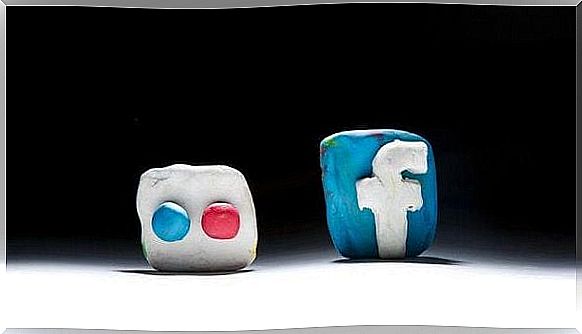Avoiding Facebook Can Make You Happier

Social networks, such as Facebook, can provide many benefits and promote growth if they are based on healthy relationships, self-confidence and respect.
The problem arises when the habits you develop begin to negatively impact your daily life. Habits as always sitting on your phone, constantly needing updates and constantly checking your friends’ posts and visiting your favorite pages.
When you are addicted to the social networks you are on, you become a slave to them and it will be a lot harder for you to enjoy the small joys of everyday miracles, such as simply breathing, quenching your thirst or smelling rose, as José Luis Sampedro would say.

Scientific studies confirm that avoiding Facebook can have positive effects
The invasion that social networks inflict on our lives negates their entire original purpose. We watch our friends update their lives and emotions through a screen, and our friends do the same with us. As a result, we miss out on the beauty of our original daily contact.
Most of us can understand that we are missing out on a lot by living through a screen, apps, browsers and keyboards. In the past, reading a book was the most common habit people had before going to sleep, now most people have the habit of checking their social network.
In addition, it has even become difficult for some to sit on the couch and watch a movie without checking their phone every once in a while. This, clearly, has implications for our well-being.

This was demonstrated through a study conducted by the Happiness Research Institute. This study started from the hypothesis that Facebook does not always have a positive effect on our mood. This study was made possible by the contribution of 1,000 people, 500 of whom were banned from using Facebook for a week, while the other 500 were allowed to continue.
At the end of the week, 88% of people who didn’t use Facebook said they felt very good, compared to 81% of people who were allowed to use Facebook. This fact itself is not so striking, however, if you look at the number of people who indicated that they are satisfied with their lives, you will see that:
- 20% of participants who were not allowed to use Facebook for a week felt good about their life.
- 12% of the participants who were allowed to use Facebook felt good about their life.
The reason for this difference, the researchers say, is the envy and frustration caused by not being able to live up to the modified version of life we see on our social network. When we take a break from the most popular social network, we become more enthusiastic, less busy, more determined, and less lonely because we spend more time with our loved ones in the real world than on a screen.

If it’s private, don’t put it on Facebook
Another problem that arises when we build relationships through social networks is that we gradually begin to violate our own privacy and the privacy of others. Because we don’t talk to anyone in particular, the recipients of our messages become depersonalized (at least we see them as good-natured and trustworthy).
This often leads us to use Facebook as a kind of journal or platform where we can confess things that are actually very private and should not be shared with the general public. As a result, we only create fuel for gossip and misconceptions.
The concluding message we get from these studies and the reality we can live in on a daily basis is that these kinds of new technologies and social networks should be used with moderation and common sense. In other words, we should try to prevent them from invading our lives with unreality and learn to enjoy the things we can experience in real life again.
Featured image by John Holcroft








